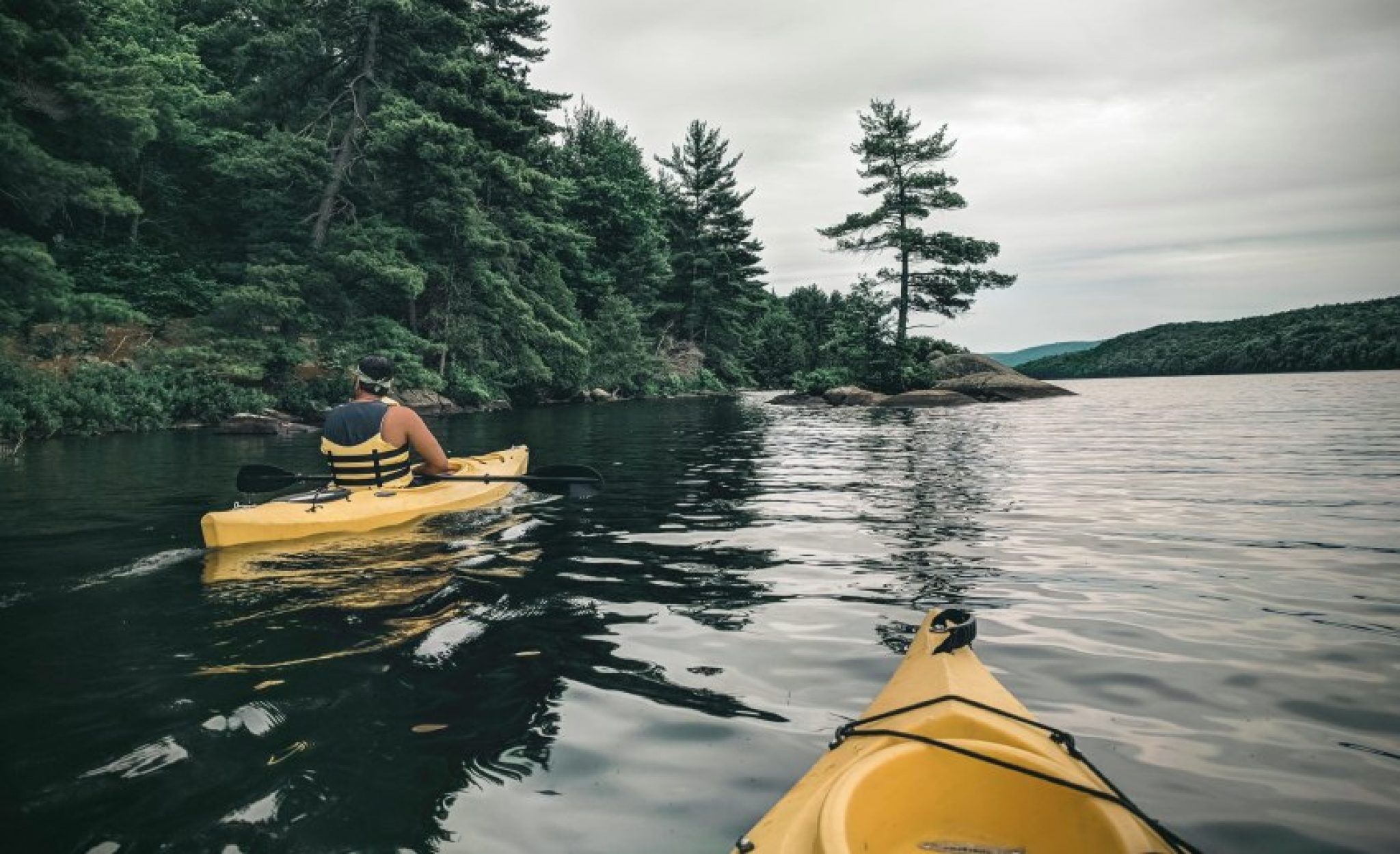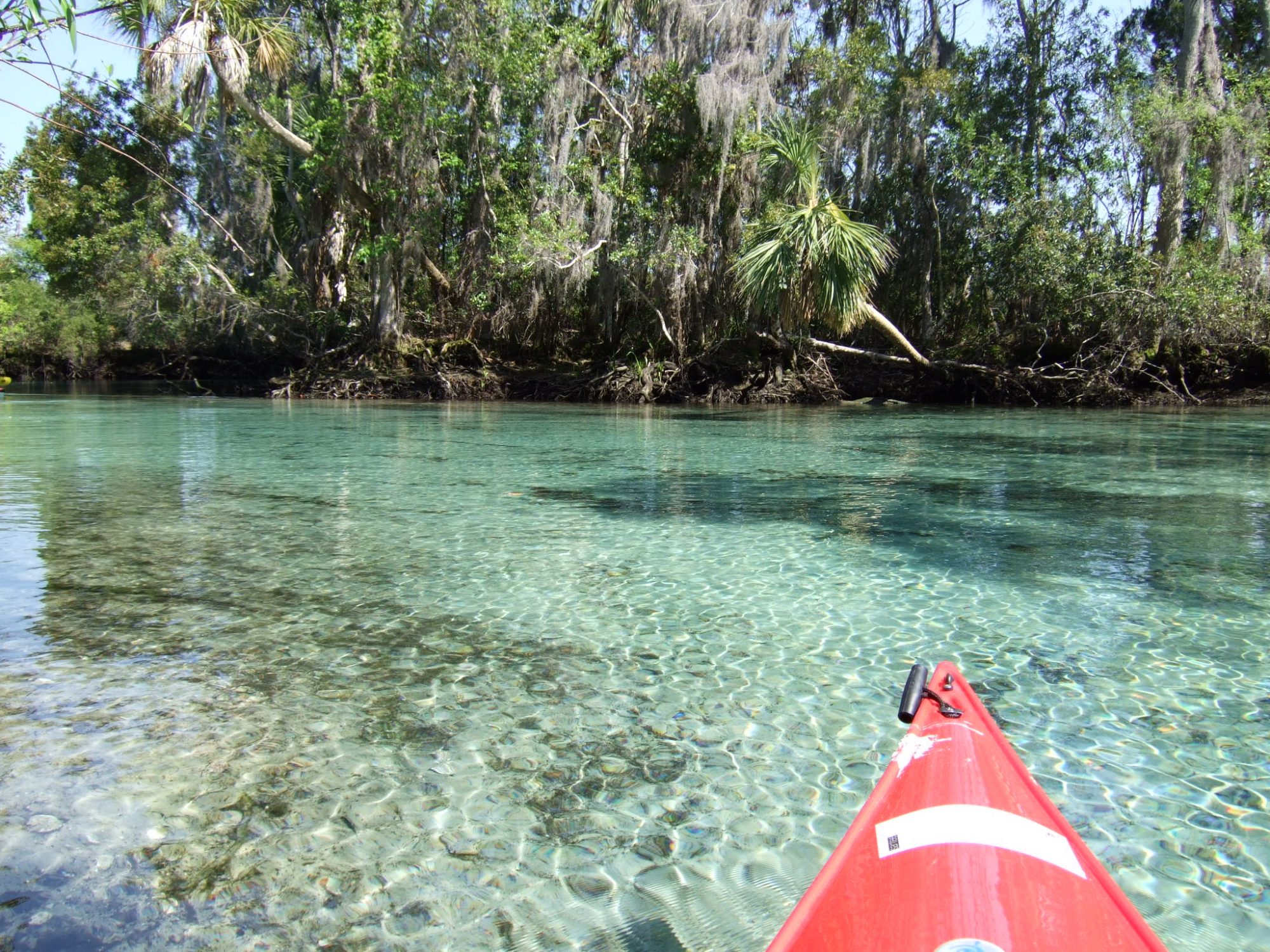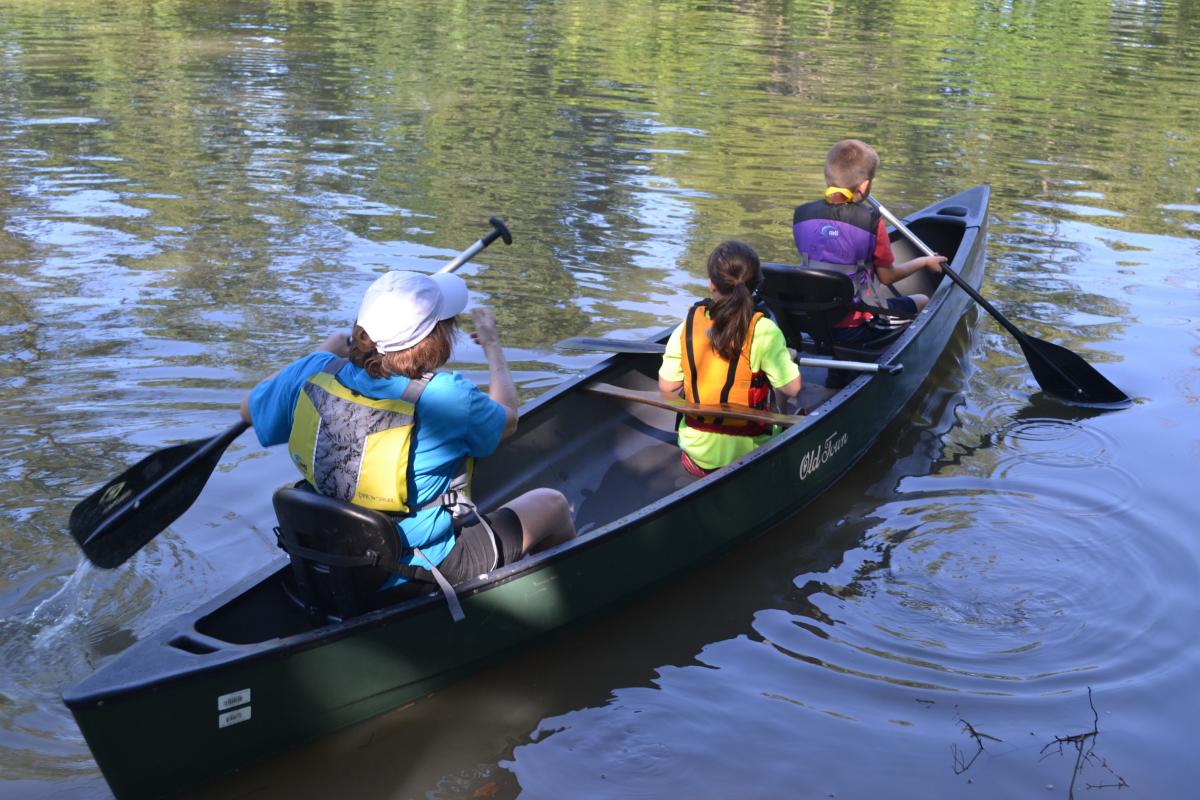I. Introduction to Nearby Canoeing Destinations

A. Understanding the Benefits of Exploring Local Waterways
Exploring nearby waterways for canoeing offers numerous benefits, including convenience, familiarity with the area, and the opportunity to discover hidden gems in your own backyard. It allows for regular paddling adventures without the need for extensive travel.
B. Importance of Convenience and Accessibility for Nearby Canoeing
Choosing nearby canoeing destinations offers convenience and easy accessibility. It eliminates the need for long drives or flights, allowing for more frequent outings and spontaneous trips to enjoy nature on the water.
C. Exploring the Variety of Canoeing Opportunities in Your Area
Even if you live in an urban area, there are often multiple rivers, lakes, or reservoirs nearby that offer canoeing opportunities. Exploring these options allows you to experience the diversity of waterways in your area and discover new places to paddle.
II. Researching Local Rivers and Lakes for Canoeing
A. Identifying Nearby Rivers for Canoeing
- Exploring Potential Canoeing Opportunities on Local Rivers
Research nearby rivers that are suitable for canoeing. Look for calm stretches, gentle currents, and sections that offer scenic beauty or access to points of interest.
- Highlighting Scenic Routes and Points of Interest
Take note of any scenic routes or points of interest along the rivers that may enhance your canoeing experience. This could include wildlife viewing areas, waterfalls, or historical landmarks.
B. Discovering Suitable Lakes for Canoeing in Your Area

- Identifying Local Lakes with Canoeing Access
Research local lakes that allow canoeing and have designated access points. Look for lakes that offer calm waters, picturesque surroundings, and amenities such as picnic areas or camping facilities.
- Exploring Beautiful Lake Routes and Parkland
Investigate potential canoeing routes on the lakes, taking note of any parkland or natural areas surrounding them. Consider the availability of amenities such as restrooms, swimming areas, or hiking trails.
III. Assessing Waterway Accessibility and Amenities
A. Identifying Access Points for Canoeing Launch
- Exploring Public Launch Points for Canoeing Near You
Identify public launch points or boat ramps that provide access to the waterways you want to explore. These locations typically offer parking facilities and easy access to the water.
- Understanding Any Permits or Regulations Needed
Familiarize yourself with any permits or regulations required for canoeing in the area. Some locations may require passes or permits to access certain waterways, and it is important to comply with these regulations.
B. Evaluating Amenities and Facilities Along the Waterways

- Identifying Restrooms, Picnic Areas, and Campgrounds
Research the availability of amenities such as restrooms, picnic areas, or campgrounds near the waterways. These facilities can enhance your overall canoeing experience and provide options for extending your trip.
- Exploring Nearby Services and Rental Options
Research nearby services, such as equipment rentals or outfitters, that can provide you with canoe rentals or other necessary gear. This is especially helpful if you do not own your own canoe or need additional equipment.
IV. Seeking Recommendations from Local Paddlers or Outdoor Enthusiasts
A. Utilizing Online Forums or Social Media Groups
- Discovering Online Communities for Canoeing Enthusiasts
Join online forums or social media groups dedicated to canoeing or outdoor activities in your area. These communities provide a platform to connect with local paddlers and seek recommendations on nearby canoeing destinations.
- Seeking Recommendations and Tips from Local Paddlers
Engage with fellow paddlers in these online communities to seek recommendations, tips, and insights on nearby canoeing destinations. Local paddlers can often provide valuable firsthand experiences and knowledge about specific waterways.
B. Connecting with Local Paddling Clubs or Organizations
- Joining Paddling Groups to Share Information and Experience
Consider joining local paddling clubs or organizations that focus on canoeing or kayaking. These groups provide opportunities to connect with experienced paddlers, attend group outings, and share information on nearby canoeing destinations.
- Participating in Group Paddling Events or Trips
Participating in group paddling events or trips organized by local clubs or organizations allows you to explore new waterways and learn from experienced paddlers. These outings can introduce you to scenic spots and provide a sense of community among fellow paddlers.
V. Scenic Highlights and Wildlife Viewing Opportunities
A. Researching Scenic Features along the Waterways
- Exploring Natural Landscapes and Wildlife Along the Canoeing Route
Research the natural landscapes and wildlife commonly seen along the waterways you plan to paddle. Take note of any specific areas known for their scenic beauty or wildlife viewing opportunities.
- Identifying Points of Interest and Historical Sites in the Area
Discover any points of interest or historical sites located near the waterways. These locations can add cultural or educational value to your canoeing trips and provide additional opportunities for exploration.
B. Understanding Best Times for Wildlife Viewing
- Discovering Ideal Seasons and Times for Spotting Local Wildlife
Research the ideal seasons, times of day, or specific weather conditions that increase the likelihood of wildlife sightings. This knowledge can enhance your canoeing experience and offer opportunities for wildlife photography or observation.
- Identifying Wildlife Habitats and Viewing Tips
Identify the habitats preferred by local wildlife along the waterways, such as marshes, wetlands, or forested areas. Learn about responsible wildlife viewing practices to ensure minimal disturbance to the animals and their habitats.
VI. Safety Considerations for Canoeing Near You
A. Understanding Waterway Safety and Hazards
- Identifying Potential Risks and Hazards in Local Waterways
Research potential risks and hazards specific to the waterways you plan to canoe. This could include factors such as strong currents, submerged obstacles, weather changes, or watercraft traffic.
- Exploring Safety Guidelines and Precautions for Canoeing
Familiarize yourself with safety guidelines and precautions for canoeing, including wearing personal flotation devices (PFDs), practicing proper paddling techniques, understanding waterway navigation rules, and knowing how to react in emergency situations.
B. Weather Awareness and Emergency Preparedness
- Monitoring Weather Conditions and Planning Accordingly
Stay informed about local weather forecasts before embarking on your canoeing trips. Be prepared to adjust plans or postpone outings if weather conditions become unfavorable or potentially dangerous.
- Establishing Emergency Plans and Communication Protocols
Establish emergency plans and share them with someone responsible who is aware of your paddling plans and expected return time. Carry a means of communication, such as a waterproof cell phone or radio, to contact emergency services if needed.
Exploring nearby places to go canoeing offers convenient and enjoyable outdoor experiences. By researching local rivers, lakes, and amenities, you can discover scenic highlights and wildlife viewing opportunities in your area. Seeking recommendations from local paddlers and utilizing online resources further enhances your paddling experience. Prioritizing safety considerations and being aware of potential hazards ensures a safe and enjoyable time on the water. By embarking on canoeing adventures near you, you can connect with nature, explore your local environment, and engage in a rewarding outdoor activity.
